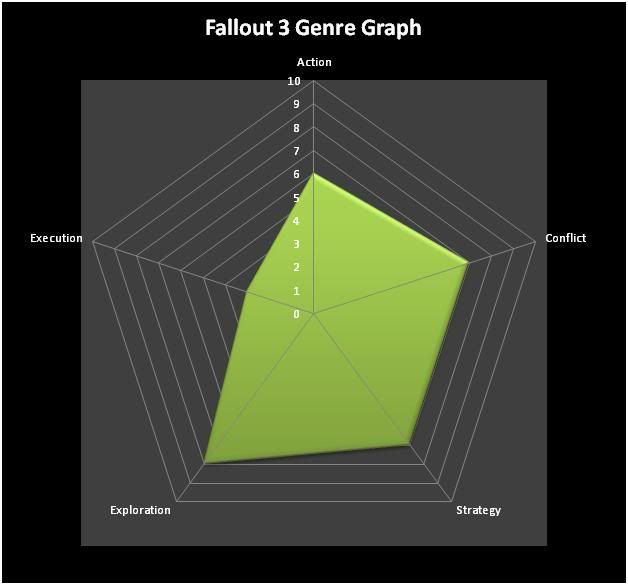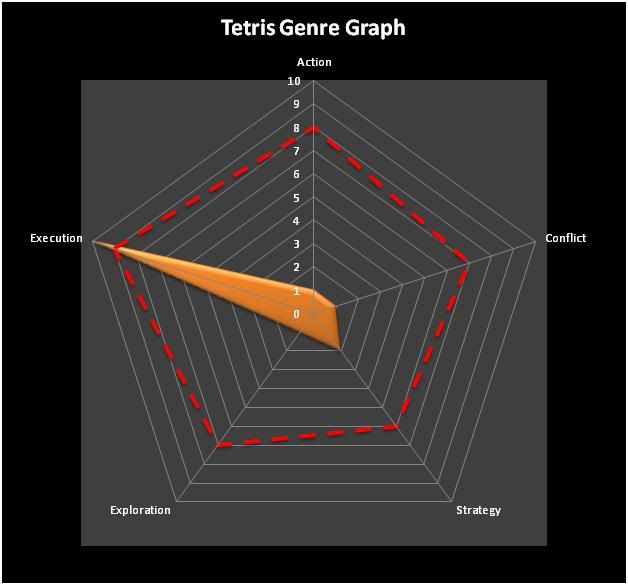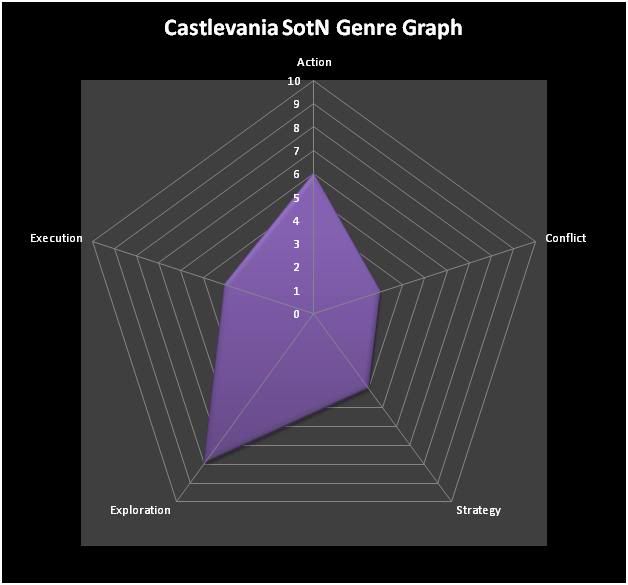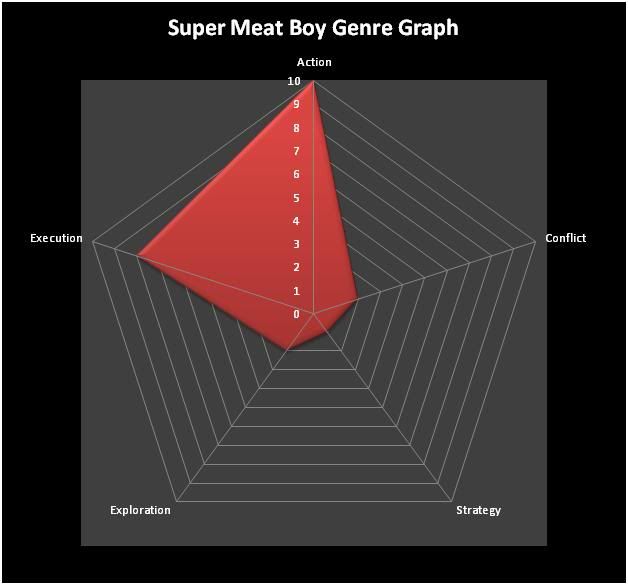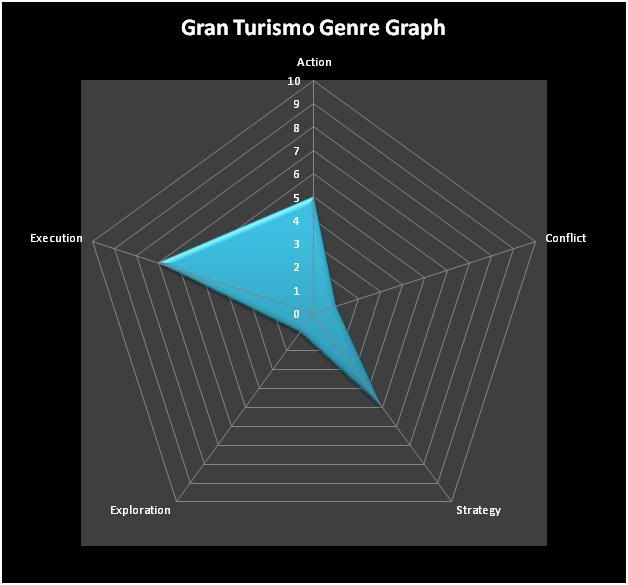> Steve Butts wrote:
> I still don't understand your objection. This is intended to be a taxonomy for computer games.
Hiya Steve,
Thanks for the response.
At no point in the article, as far as I can see, is it stated that the intention of the article is focused to computer/video games only, and despite the site having a primarily computer/video games focus, it is not /exclusively/ dedicated to those.
As to "objection", because the article it is, in-effect, "hijacking" terms that don't apply exclusively to computer/video games, in addition to terms that don't even "belong" ("RPG" in particular) leading to further potential misunderstanding outwith that domain.
> As far as "progression achievements," the chart is not intended to answer the motivation for playing, but rather the method and format for playing. Since people play games for different reasons, achievements aren't relevant. Maybe I just misunderstand your point.
Perhaps so.
Motivation /is/ part of genre, IMHO.
A computer game can be a pure simulation of driving, in which case the source of the player's motivation /must/ lie outwith the "game" itself.
However, add in-game "progression achievements" (as simple as "drive this course in x amount of time" to unlock the next achievement; be able to drive the next car up, or another course), the source of the player's motivation /can/ lie within the "game".
Thus, "Simulation" is another category than should not, IMHO, be used to define "Genre" due to the huge potential for misleading/misappropriating definitions and the fact that "Simulation" by necessity underlies all computer/video games.
=
My point regarding the article tag being "genre defining" and that no such innate "definition" that can be derived from an "average position" of games believed to be within a particular genre still stands, too, I believe.
Thanks for reading, anyhow, and best wishes for ongoing work,
David.
> I still don't understand your objection. This is intended to be a taxonomy for computer games.
Hiya Steve,
Thanks for the response.
At no point in the article, as far as I can see, is it stated that the intention of the article is focused to computer/video games only, and despite the site having a primarily computer/video games focus, it is not /exclusively/ dedicated to those.
As to "objection", because the article it is, in-effect, "hijacking" terms that don't apply exclusively to computer/video games, in addition to terms that don't even "belong" ("RPG" in particular) leading to further potential misunderstanding outwith that domain.
> As far as "progression achievements," the chart is not intended to answer the motivation for playing, but rather the method and format for playing. Since people play games for different reasons, achievements aren't relevant. Maybe I just misunderstand your point.
Perhaps so.
Motivation /is/ part of genre, IMHO.
A computer game can be a pure simulation of driving, in which case the source of the player's motivation /must/ lie outwith the "game" itself.
However, add in-game "progression achievements" (as simple as "drive this course in x amount of time" to unlock the next achievement; be able to drive the next car up, or another course), the source of the player's motivation /can/ lie within the "game".
Thus, "Simulation" is another category than should not, IMHO, be used to define "Genre" due to the huge potential for misleading/misappropriating definitions and the fact that "Simulation" by necessity underlies all computer/video games.
=
My point regarding the article tag being "genre defining" and that no such innate "definition" that can be derived from an "average position" of games believed to be within a particular genre still stands, too, I believe.
Thanks for reading, anyhow, and best wishes for ongoing work,
David.

